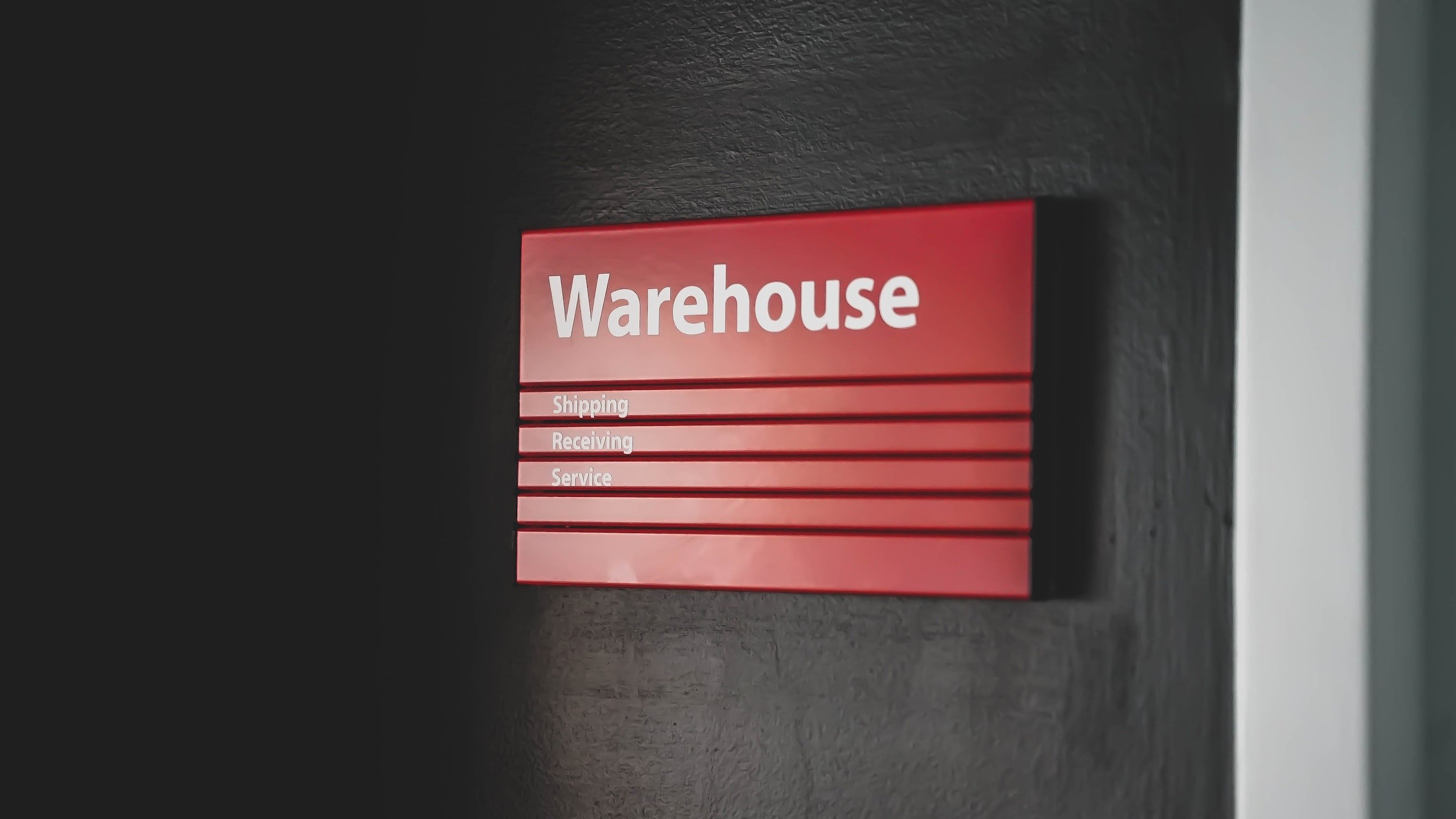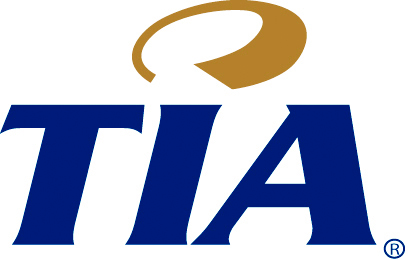More Shipments or More Inventory: Working with Distant Suppliers in Business
/The supplier management process is complex, even when your suppliers distribute goods from a nearby location. When your company relies on long-distance suppliers, then your supplier relationship management can become even more complicated.
One factor to consider is velocity vs. inventory. When your suppliers provide their services from distant locations, your company might accept multiple small shipments, or it might receive large quantities instead to increase inventory.
Supply Chain Costs and Benefits
Whether you increase your inventory or your shipments, you will find pros and cons. Here are a few things to consider when it comes to supply chains.
Pros and Cons of Increasing Your Inventory
If you increase your inventory instead of increasing shipments, you may notice several benefits, including:
lower shipping costs
competitive prices with larger orders
saved time
better sustainability
That said, you may face some downsides, too. These include:
increased warehousing demands
decreased velocity
increased safety considerations for bulk quantities
Pros and Cons of Increasing Your Shipments
Just like increasing your inventory, increasing your shipments will also come with positives and negatives.
Positive aspects include:
increased velocity
fewer warehousing demands
maintaining an efficient supply chain
Meanwhile, downsides include:
reduced sustainability
higher shipping costs
more time and effort spent on supply chain management
Types of Freight In Supply Chain Management
Of course, those pros and cons apply differently depending on the type of cargo you ship. Raw materials, for instance, come with different considerations than finished products.
You'll have to consider factors such as product life cycle throughout the supply chain.
For example, look at the types of cargo below.
Produce
Shipping produce comes with some distinct challenges. If you stock oranges, for example, you know that you need strong supplier relationships, especially if you do business far away from Florida or California.
A grocery store or coffee shop in Chicago might face more challenges in this area than a business in Georgia.
Some types of produce stay fresh longer than others, so the product life cycle will absolutely play a part in your shipping decisions.
Food and Beverage
Shipping food and beverage products comes with similar challenges to shipping produce. Food should be protected from the elements, but the type of food matters.
If you ship refrigerated goods, for instance, you'll need suppliers who work with reefer trailers. These trailers have specific maintenance needs, and you may need to think about those needs as you decide whether to increase inventory or frequency.
Metals and Plastics
Shipping metals and plastics comes with its own set of challenges. Often, it's simpler to decrease shipments while increasing shipment sizes, but you'll also need to mitigate some challenges.
For instance, heavier metals often mean oversize loads, and those come with unique considerations.
Customer Relationship Management: What Do Your Clients Value?
Of course, your customers will play a major role in how you manage your supply chains. Think about what your clients value most from your company. As companies build strong relationships with suppliers and customers alike, it's important to look at the complete picture.
What do your customers want most, and how can you balance their desires with best business practices?
For example, do your customers value timely delivery above all else? Are they more concerned with getting the best price? How much do they value brand recognition? Do they make purchasing decisions based on a sustainable product lifecycle?
Vetting Your Carriers
Whether you ship small quantities or large quantities, your product dealings should involve vetting your carriers. Your carriers may exist as a third party, or they may be employed by your suppliers.
In any case, your carriers will be the ones who get your freight from point A to point B. Whether they help you increase your velocity or increase your inventory, you'll need to make sure that they have what it takes to do the job.
Carrier Considerations
Carriers have different strengths and specialities. Those strengths may even play a part in the shipping methods that you choose.
For instance, you may have an existing relationship with a carrier that you like. Maybe that carrier is reliable, thorough, and always offers the best prices.
If that carrier excels in either high-velocity shipping or high-volume shipping, then you might choose the option that this carrier does best. Carrier relationships are just as important as supplier relationships, after all.
If you don't have an existing carrier relationship, think about the following as you look for the right company:
type of trucks available - For small, high-velocity shipments, a carrier that provides less-than-truckload shipping may provide what you need. For large quantities, you may need a company with wide load capabilities.
lane access - Which trucking companies travel along the routes you need?
reliability - Which companies have a reputation for timeliness and consistency?
excellence - Which companies provide the best services for their customers?
Working with a Brokerage Company
Whether you work with one supplier or multiple suppliers, the supplier relationship management process takes a lot of time and work. And after all of the work you put into these vendor relationships, it can be tough to add carrier relationships into the mix.
If you want to take the hassle out of carrier management and focus on the rest of your business needs, you might choose a third party truck broker instead of finding carriers on your own. You can enjoy many benefits of using freight broker services.
Some of these benefits include:
more time for supplier relationship management
more time to engage with customers
better flexibility for seasonal services
better access to the type of transportation your cargo needs
cost savings within your supply chain
If you're concerned about finding the right carriers, the Pearce Worldwide team would love to help. We have a solid relationship with excellent carriers, and we work with many types of trucks and cargo.
Get in touch with us today to learn more.
The Best Choice for Your Company
For some business owners, the choice between increased velocity and increased shipments is simple. Once they consider the pros and cons, the choice becomes obvious. For others, this part of supplier relationship management is more complex. Ultimately, because no two businesses are the same, the decision comes down to what works best for you and your customers.














